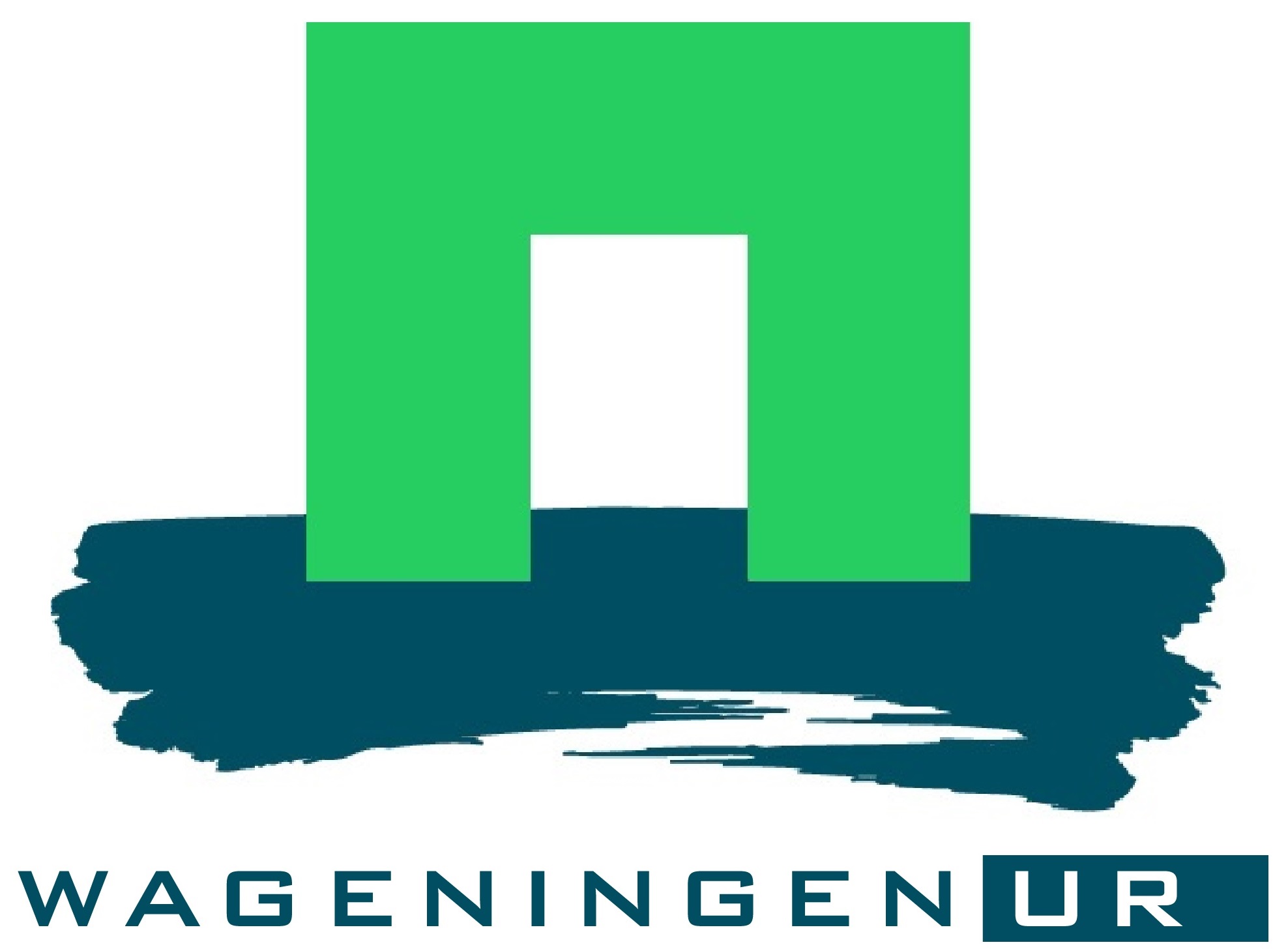Location
6700 HB Wageningen
Wageningen University & Research is a collaboration between Wageningen University and the Wageningen Research foundation.
That is the mission of Wageningen University & Research. A staff of 6,500 and 10,000 students from over 100 countries work everywhere around the world in the domain of healthy food and living environment for governments and the business community-at-large.
The strength of Wageningen University & Research lies in its ability to join the forces of specialised research institutes and the university. It also lies in the combined efforts of the various fields of natural and social sciences. This union of expertise leads to scientific breakthroughs that can quickly be put into practice and be incorporated into education. This is the Wageningen Approach.
The scientific quality of Wageningen University & Research is affirmed by the prominent position we occupy in international rankings and citation indexes.
The domain of Wageningen University & Research consists of three related core areas:
- Food and food production
- Living environment
- Health, lifestyle and livelihood
Wageningen University & Research has branches all over The Netherlands and abroad. A large number of lecturers, researchers and other employees are based at Wageningen Campus.
Members:
Resources
Displaying 16 - 20 of 210Organising Sustainability in the Digital Age : results of the research programme Informational Governance for Sustainability 2012-2016
Land surface impacts on precipitation in the Netherlands
Dit proefschrift bestudeert de effecten van landgebruiksveranderingen uit het verleden en in de toekomst op neerslag in Nederland door middel van analyses van gemeten regendata en het gebruik van een weermodel.
Verkeersveiligheid landbouwvoertuigen 1987-2015 : een analyse, met de nadruk op ontwikkelingen in de laatste zeven jaar
Optimising land use in Central Kalimantan Province, Indonesia : modelling ecosystem benefits and land use dynamics
The rising global population has increased the demand for food, renewable energy and other materials. Yet at the same time to meet this demand requires land and the amount of available land is finite. Considering the importance of land and ecosystems in providing benefits for human, I conducted four independent research on the socio-economic and biophysical aspects of ecosystem service, in Central Kalimantan Province, Indonesia.
Learning and teaching in the regional learning environment : enabling students and teachers to cross boundaries in multi-stakeholder practices
Finding solutions for complex societal problems requires cross-boundary collaboration between multiple stakeholders who represent various practices, disciplines and perspectives. The authentic, multi-stakeholder Regional Learning Environment (RLE) is expected to develop higher education students’ capabilities for working in multi-stakeholder settings. However, the effectiveness of the RLE, including its typical cross-boundary learning environment characteristics, has not been investigated.




